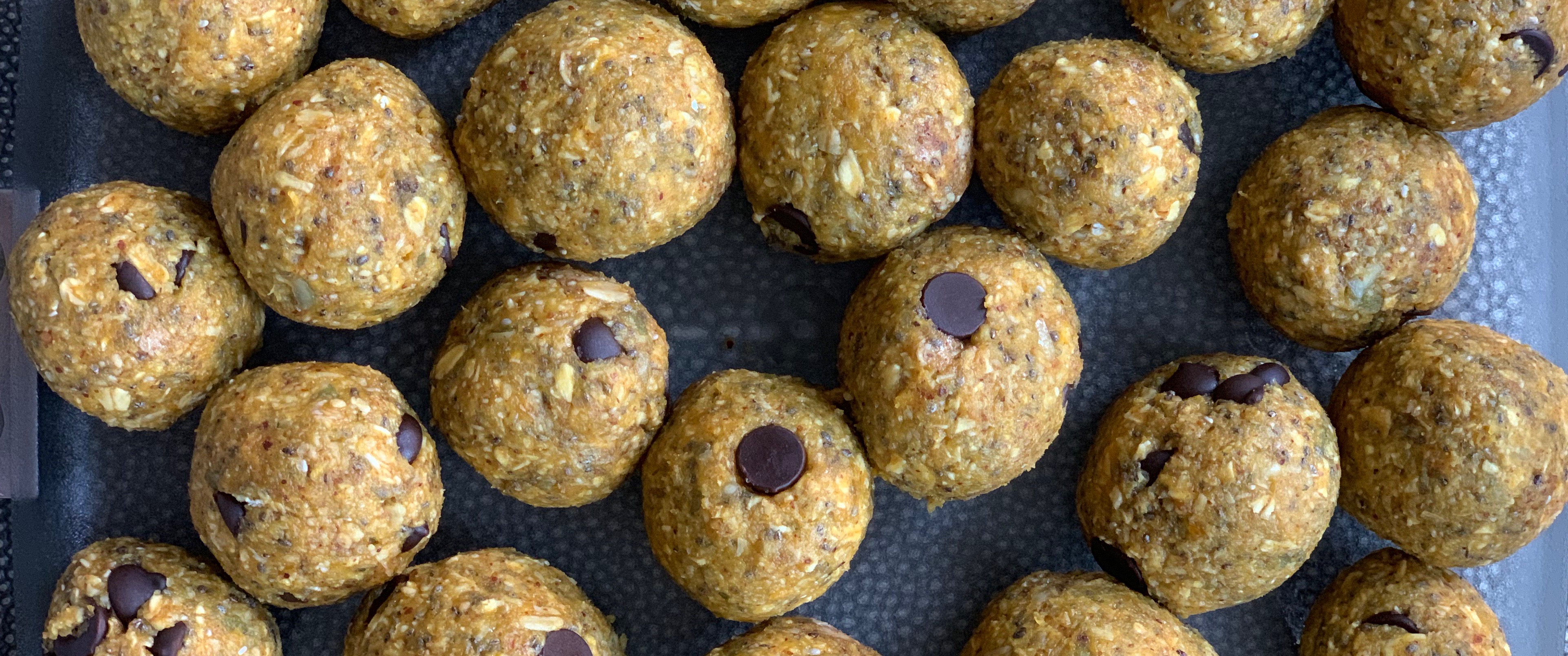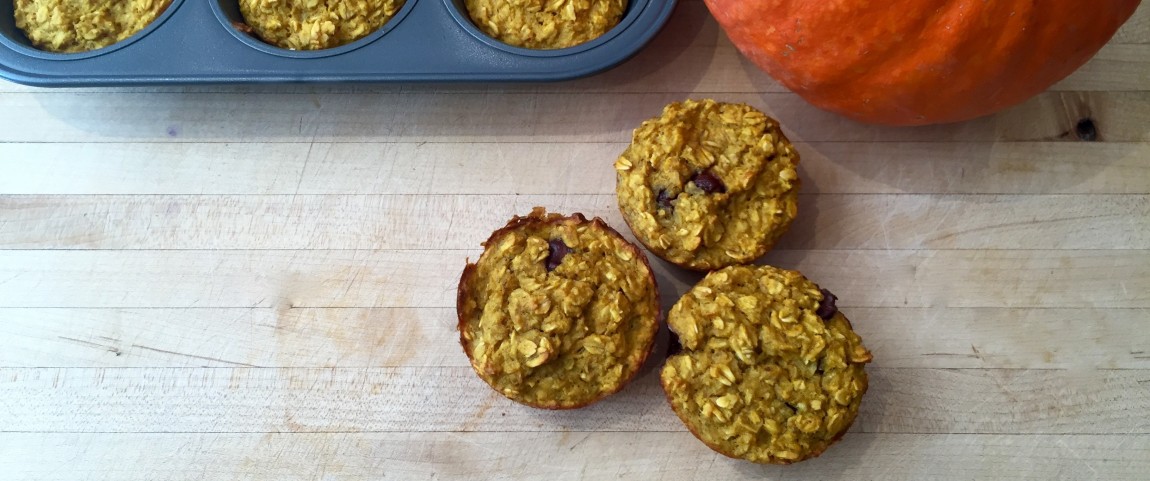Eat Seasonably – PUMPKIN
- larafield
- Oct 14, 2018
- 1 min read
Updated: May 9, 2025
Beta-carotene is one of a group of red, orange, and yellow pigments called carotenoids.
Beta-carotene is converted to vitamin A, an essential nutrient. It has antioxidant activity, which helps to protect cells from damage.
Pumpkin is a good source of fiber, which supports healthy digestion as well as weight and cholesterol management.
Pumpkins are classified as winter squashes, but they are actually harvested in the fall.
To get the best quality, select winter squash that are blemish- and bruise-free, with an intact stem and heavy feeling for their size.
Have no fear– these thick-skinned vegetables will keep well through the cold winter months.
Pumpkins can be purchased whole to be diced or made into puree, but purchasing canned pumpkin puree is an easy way to add to dishes quickly!
Add canned pumpkin to smoothies, soups, and sauces for a vibrant variation.
Not all pumpkin dishes have to taste like pie! Try using pumpkin in a savory dish. It pairs well with sage and thyme.
Don't throw away the seeds! Roasting pumpkin seeds is a great option to save for snacking throughout the season.




Comments